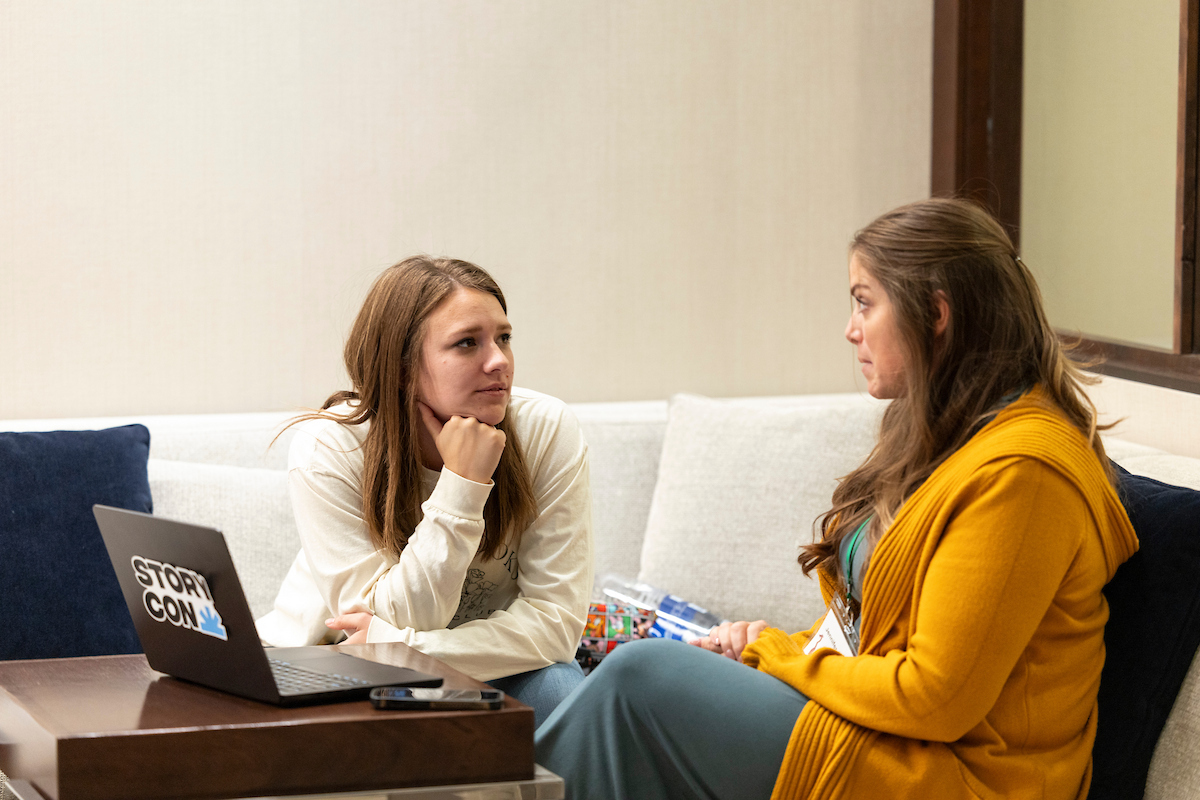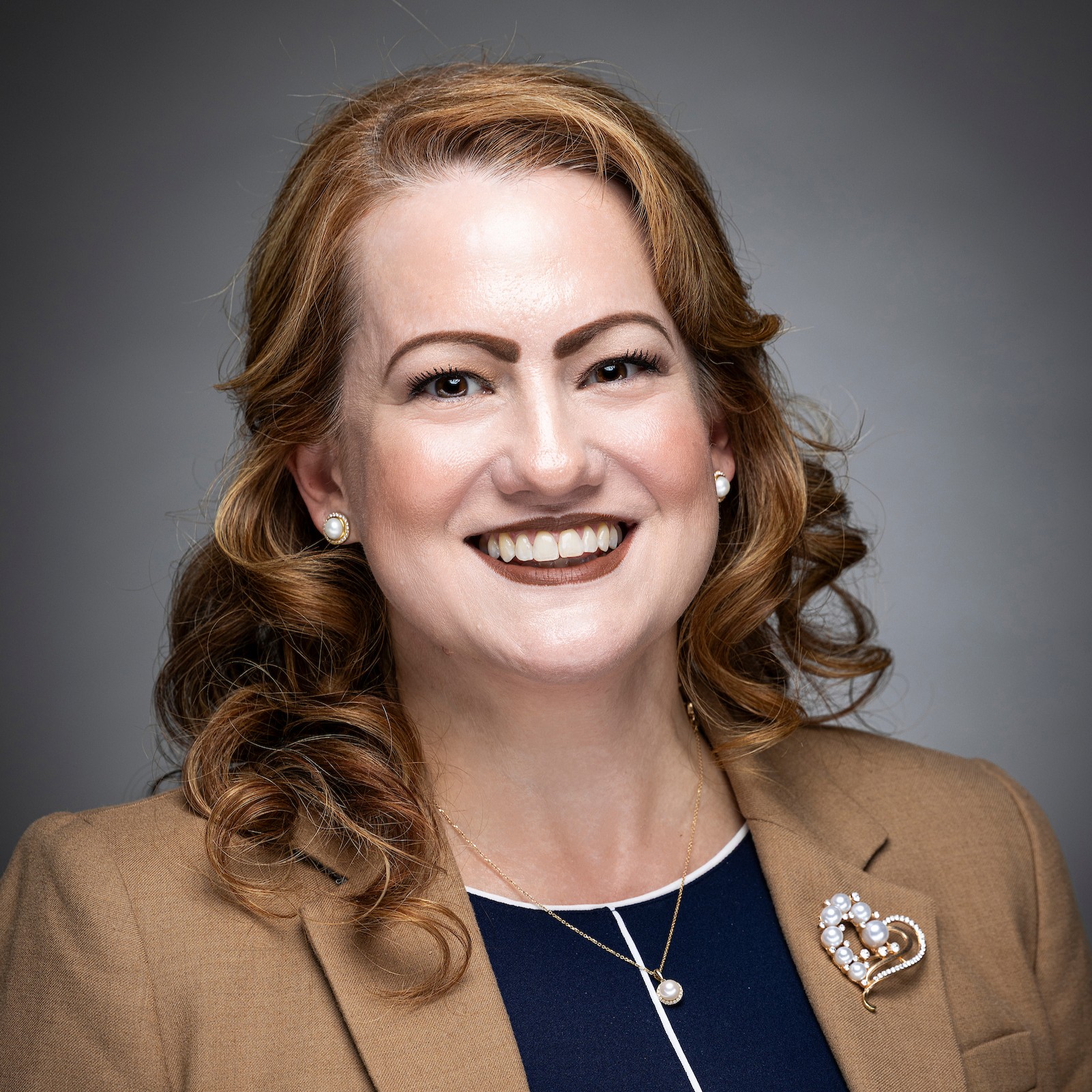The UVU faculty ombuds role was created so faculty dealing with problems or conflicts have a safe place to go.
Here, you can have an informal, confidential conversation with a person who is independent and impartial. The faculty ombuds do not take sides or advocate for faculty. The only exceptions to confidentiality are Title IX incidents and if something you share suggests imminent risk of serious harm to yourself or others.
The faculty ombuds role is to listen to your concern and help you think through potential options for how you might choose to navigate your situation. They help you explore and evaluate a range of options regarding inter-faculty issues.


To introduce myself, I’m Dr. Natalie Grecu, Associate Professor in the Dept. of Communication and the Faculty Ombuds!
Prior to grad school, I worked in client relations, marketing, and new business development in advertising. In 2011, I earned my MA in Organizational Communication from the University of Colorado-Boulder, and in 2015, I completed my PhD in Public Relations and Strategic Communication from the Washington State University.
I’m eager to help with faculty concerns, and I’m grateful the university created the position. I believe this new ombuds office has potential to impact quality of work life and provide an alternative mechanism for dispute resolution!
Confidential
No one outside of the ombuds office will know about your visit.
Informal
Use of ombuds services is entirely voluntary. The faculty ombuds office is an alternative to formal processes and offices. These are facilitated conversations, not mediation.
Impartial
We try to understand and communicate the interests and rights of everyone, but we do not take sides in disputes or advocate for individuals.
Independent
The ombuds is not part of administration; it’s an independent office.